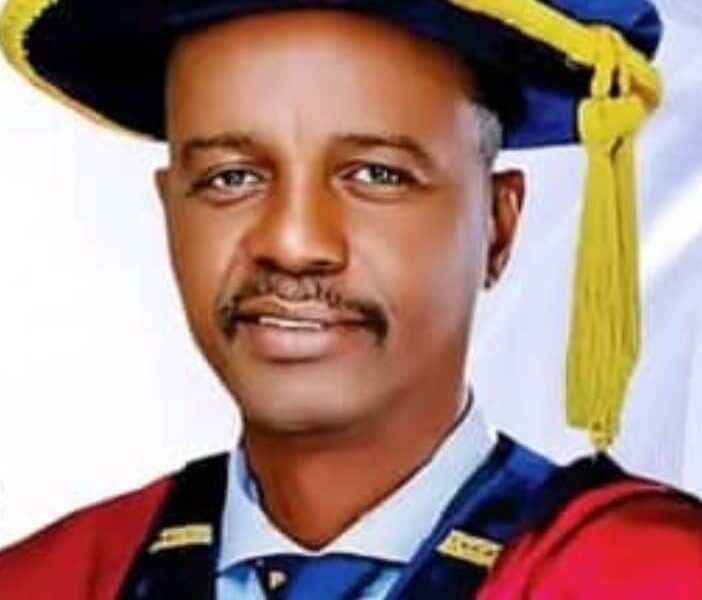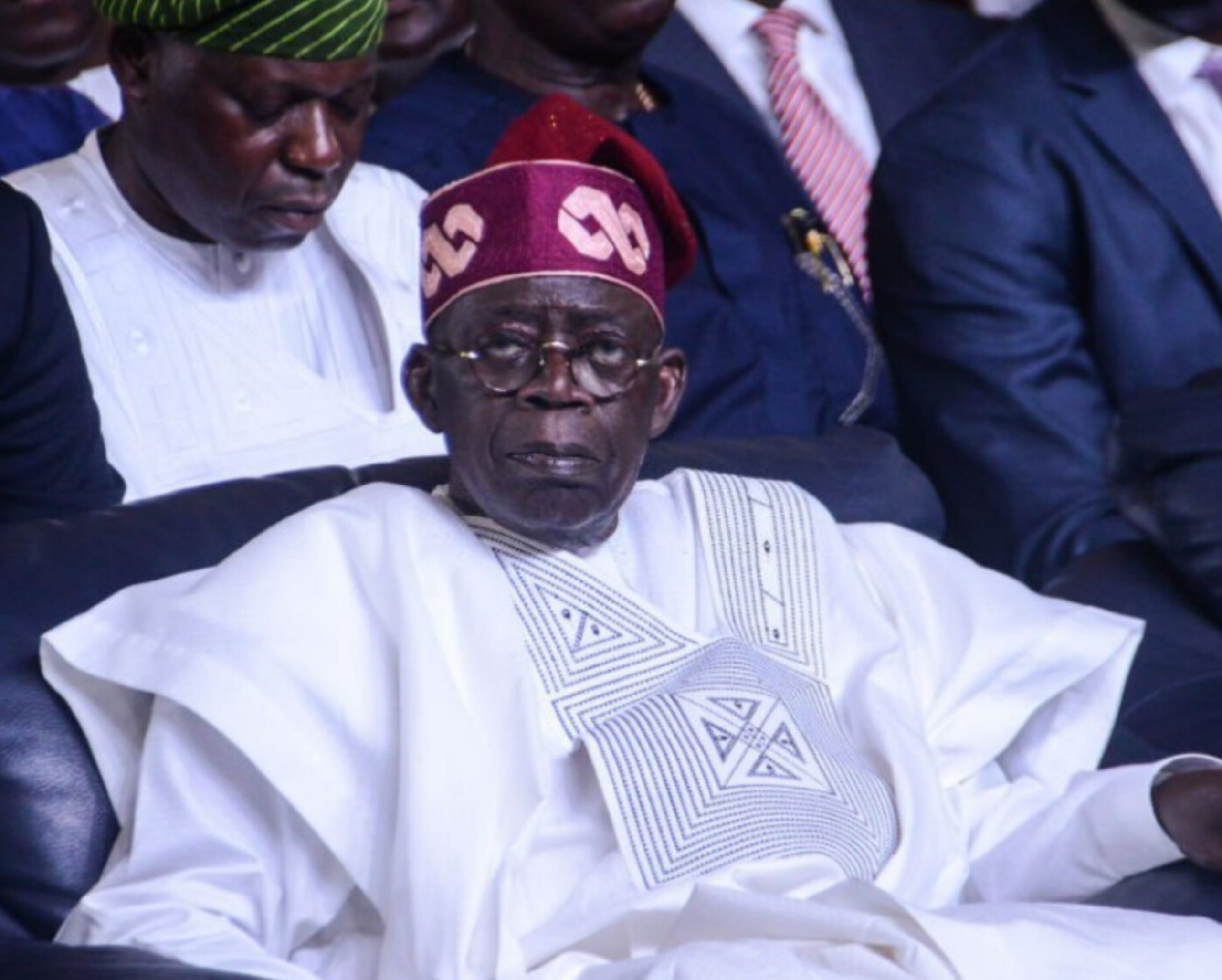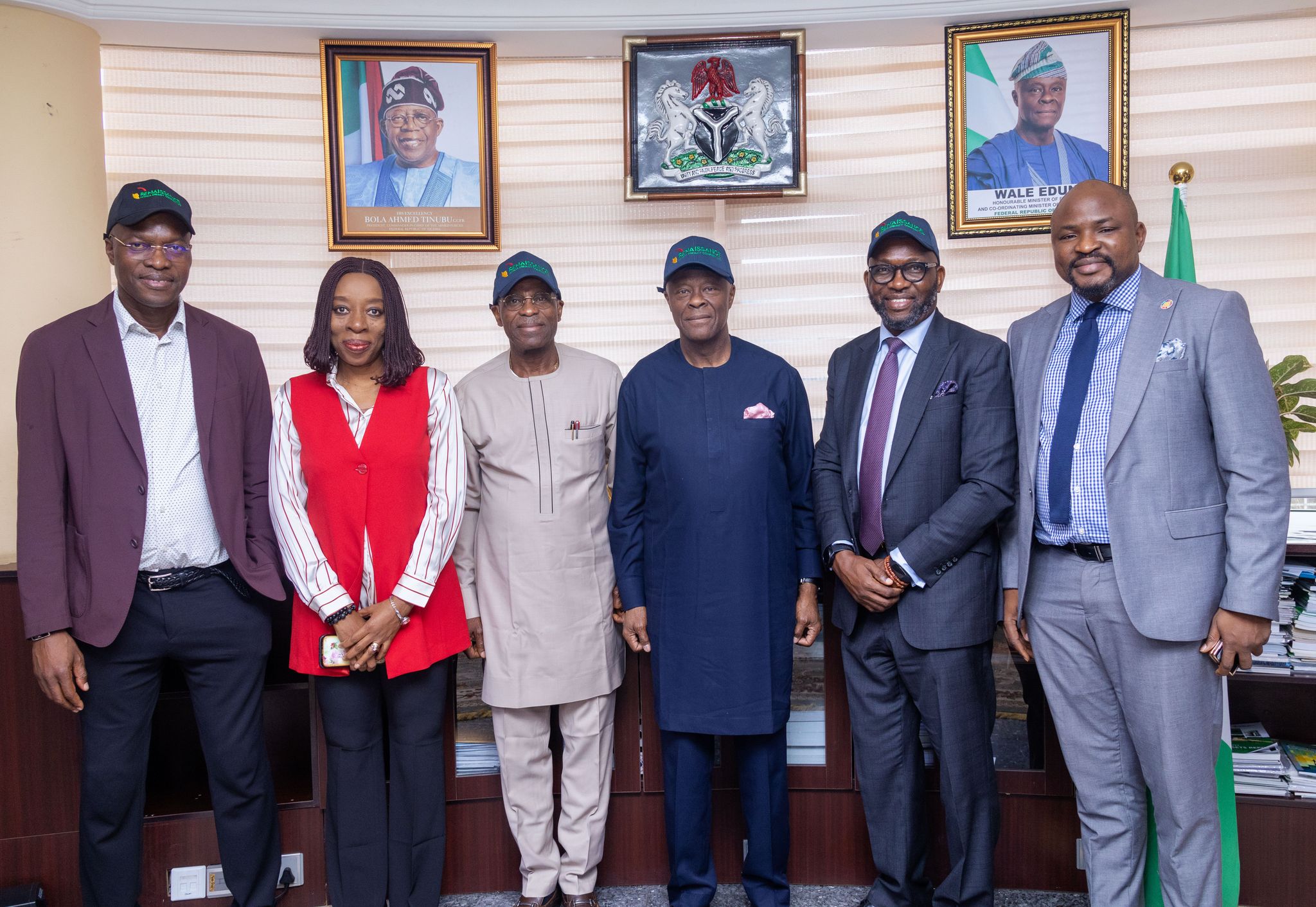By Friday Idachaba, Lokoja
Prof. Olayemi Akinwumi, Vice Chancellor of Federal University Lokoja (FUL), has appealed to the Federal Government to halt its plan to phase out the Tertiary Education Trust Fund (TETFund) by 2030, warning that such a move would severely hinder the growth and infrastructure development of Nigerian tertiary institutions.
Prof. Akinwumi made the appeal on Thursday when members of the Correspondents’ Chapel of the Nigeria Union of Journalists (NUJ), Kogi State Council, visited the FUL campus in Felele, Lokoja.

He expressed deep concern over the proposed zero allocation to TETFund in the 2030 budget, stating that this would spell doom for the infrastructure development of universities and polytechnics across the country.
“Many universities in Nigeria today owe their physical development to TETFund. Without it, institutions like ours would struggle to meet the demands of modern education infrastructure,” Prof. Akinwumi noted.
Since 2021, TETFund has played a crucial role in the development of FUL, funding numerous iconic structures across its campuses. The Vice Chancellor warned that discontinuing the fund would lead to the collapse of infrastructure in public universities and polytechnics, which are already grappling with funding challenges.
“The proposed stoppage of TETFund will cripple the university and polytechnic education system in Nigeria, especially in terms of providing essential infrastructure,” he said.
Discussing the progress of FUL under his leadership, Prof. Akinwumi revealed that the university had expanded from four to ten faculties, with new programs in Pharmacy, Nursing, Medical Laboratory Science, and Medicine now fully operational under the College of Health Sciences.
However, he noted that security challenges had stalled the use of two large hostels built under a Build, Operate, and Transfer (BOT) arrangement, reflecting broader challenges facing the institution.
In response to these issues, the university has intensified its Internal Revenue Generation (IGR) efforts to complement government funding, but Prof. Akinwumi emphasized that these efforts could not fully replace the critical role of TETFund.
The VC also addressed the delay in admitting students into the newly established Faculty of Law, attributing it to the pending inspection visit from the Council for Legal Education.
“We are committed to following due process. We will not admit students without the council’s approval, as we don’t want to face the same fate as the 11 faculties recently shut down for non-compliance,” he explained.
Prof. Akinwumi called on individuals and corporate organizations to support the university’s development efforts through intervention projects. He also urged journalists to partner with the university to highlight its achievements and challenges.
“A strong relationship between the media and the university is essential for promoting our progress and attracting much-needed support,” he stated.
In his remarks, Mr. Segun Salami of Channels Television, Chairman of the Correspondents’ Chapel, commended the Vice Chancellor’s leadership and achievements, emphasizing the importance of continuous collaboration between the media and the university.
“Media partnerships are vital in ensuring that the public remains informed about the university’s strides and challenges,” Salami said.
The visit underscored the critical role of TETFund in advancing tertiary education in Nigeria and the need for sustained investment to maintain and build upon the progress made in the sector.




